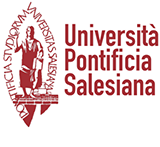Introduction
Salesian Pontifical University is an influential pontifical university located in Rome, Italy, focusing on teaching and research in theology, philosophy, education science and other fields.
Overview
Student composition: Students come from all over the world, including students from different religious and secular backgrounds, forming a diversified academic exchange environment.
Course system: It provides a rich curriculum covering theology, philosophy, Christianity and classical literature, education science, psychology, social communication and other disciplines, providing students with a wide range of learning options.
History and establishment time
The university was founded on May 3, 1940 by the Salesian Society founded by St. John Bosco, and has a deep religious background and educational tradition.
School strength
Faculty: It has a group of experts and scholars with profound attainments in theology, philosophy, education and other fields. They not only have solid professional knowledge, but also have rich teaching and research experience, and can provide students with high-quality education and guidance.
Academic resources: As a pontifical university with a long history, it has rich academic resources, including library collections, research materials, etc., which provide strong support for the study and research of students and teachers.
Nature of the institution
The Salesian Pontifical University is a university governed by canon law and recognized by Italian national law, with the right to award degrees and higher education degrees.
Educational philosophy
Its educational mission is inspired by the grace of the Salesian Society, with special attention to the world of youth and humanities research, and is committed to cultivating the all-round development of students, focusing on combining religious beliefs with academic research, guiding students to deepen their understanding and practice of faith while pursuing knowledge, and cultivating professionals with a sense of social responsibility and humanistic care.
Key laboratories and disciplines
Key disciplines: Theology, philosophy, educational sciences and psychology are the key disciplines of the school. Theology major plays an important role in religious academic research and clergy training; philosophy major focuses on cultivating students' critical thinking ability and in-depth understanding of human thought and culture; educational science and psychology majors are closely combined to cultivate professional talents in the fields of educational practice and psychological counseling.
Department
The school has multiple departments, such as the Department of Theology, the Department of Philosophy, the Department of Educational Science, etc. Each department has its own unique teaching and research direction, which together constitute the school's rich and diverse discipline system.
Ranking
The specific ranking of the school in the international comprehensive university rankings has not been found, but it has a high degree of recognition and influence in the field of religious academics and related professional fields.
Expense
The specific tuition fee varies depending on the major and degree level. The school's official website has a detailed scholarship guide for reference by students applying for scholarships.
Campus environment
Geographic location: The main campus is located in Rome, Italy. As the capital and historical and cultural city of Italy, Rome has rich cultural heritage and academic resources, providing students with a broad space for learning and cultural exchanges.
Campus facilities: The campus architecture is unique in style, integrating religious and academic elements to create a strong learning atmosphere. The school is equipped with modern teaching facilities such as classrooms, libraries, laboratories, etc. to meet the learning and research needs of students.
-
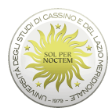
University of Cassino and Southern Lazio
-
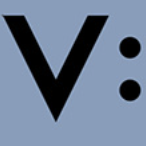
University of Campania Luigi Vanvitelli
-
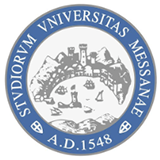
University of Messina
-
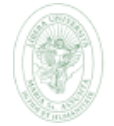
Libera Universita degli Studi Maria SS. Assunta di Roma (LUMSA)
-
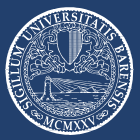
University of Bari Aldo Moro
-
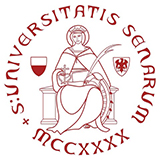
University of Siena
-
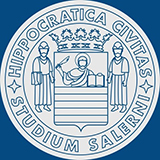
University of Salerno
-
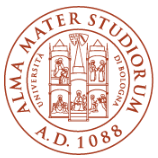
University of Bologna
-
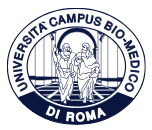
Campus Bio-Medico University of Rome
-
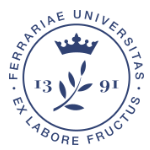
University of Ferrara
-

Mesoamerican University
-

Istmo University
-

Mariano Galvez University of Guatemala
-

Regional University of Guatemala
-

Galileo University
-

Francisco Marroquín University
-

Rafael Landívar University
-

University of the Valley of Guatemala
-

University of San Carlos of Guatemala
-

Technological Institute of Tlaxcala Plateau
-

Golfo University
-

Technological University of South Sonora
-

Technological University of Huejotzingo
-

Tizimín Institute of Technology
-

Chilpancingo Institute of Technology

